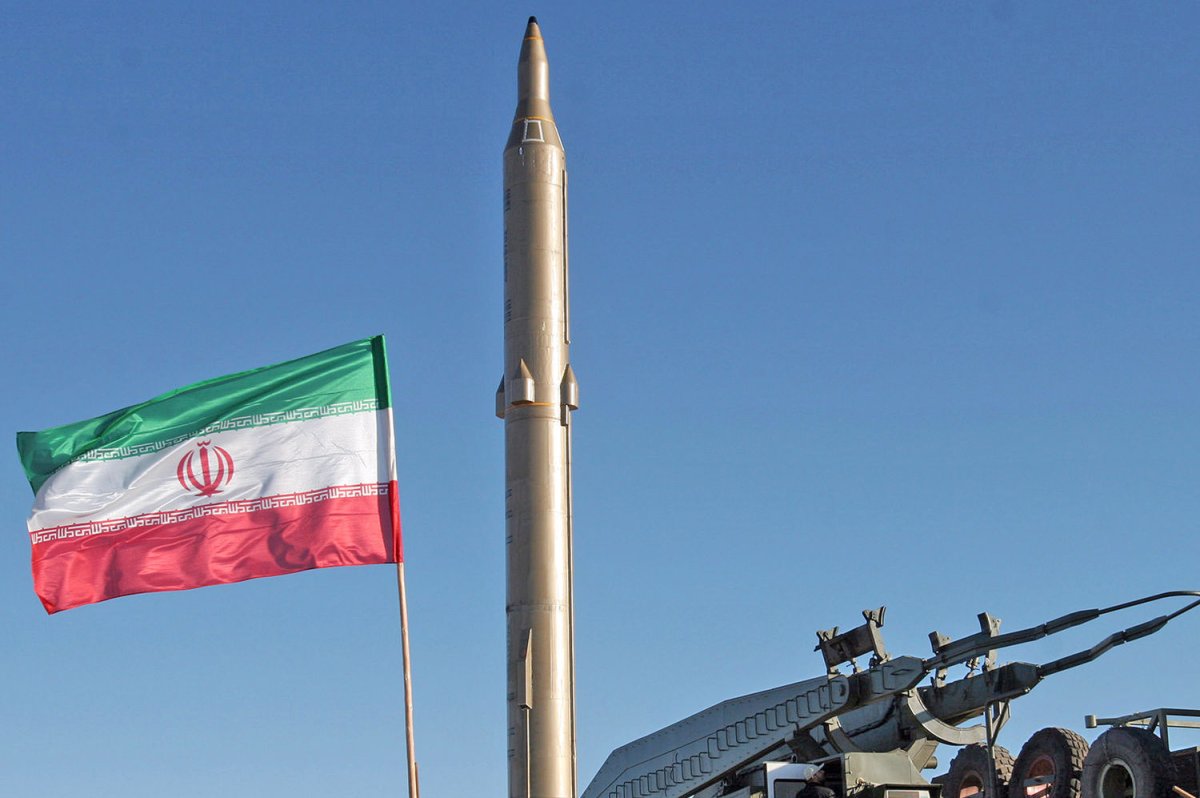Aug. 13 (UPI) — Britain, Germany and France told U.N. officials that snapback sanctions are on the table if Iran does not sit down to negotiate over its nuclear weaponry.
The letter delivered to United Nations Secretary-General Antonio Guterres, signed by the three foreign ministers, indicated the E3 was prepared to enforce severe sanctions if Iran did not agree to limit it’s nuclear program and gave Iranian officials until the end of the month.
“We have made it clear that if Iran is not willing to reach a diplomatic solution before the end of August 2025, or does not seize the opportunity of an extension, E3 are prepared to trigger the snapback mechanism,” read a letter in part signed by Britain’s David Lammy, Jean-Noel Barrot of France and Germany’s Johann Wadephul.
The sixth round of American-Iranian negotiations were abandoned in June after a joint U.S.-Israeli attack on known parts of Iran’s nuclear facilities. The 12-day conflict escalated regional tension amid Israel’s war in Gaza and spiked oil prices.
The “snapback” guardrail built into Iran’s 2015 nuclear deal, officially titled the “Joint Comprehensive Plan of Action,” was set to trigger if an instance arose in which Iran committed an act of “significant non-performance.”
Signed by Tehran with Britain, France, Germany, Russia, China, the European Union and United States it removed sanctions and curbed Iran’s nuclear program. Initially the United States left the JCPOA in 2018 during U.S. President Donald Trump‘s first term in the White House.
Iran, however, has periodically violated parts of the agreement for years and the snapback mechanism threatened more than once by Europe and the E3 as far back as 2019 nearly four years after the deal was inked.
In addition to limiting Iranian nuclear activities, it thawed U.S. sanctions against Tehran that hampered its economy for years.
On Wednesday, Germany’s Wadephul said Iran “must never acquire a nuclear weapon” and reiterated that the E3 had “every right” to resort to snapback.
“Iran has the opportunity to return to diplomacy and resume full cooperation with the IAEA,” he wrote in an X post a little before 11 a.m. local time.
“The ball is now in Iran’s court,” Germany added.
